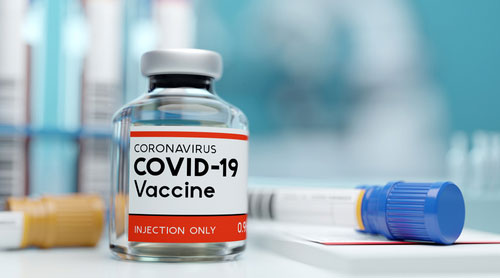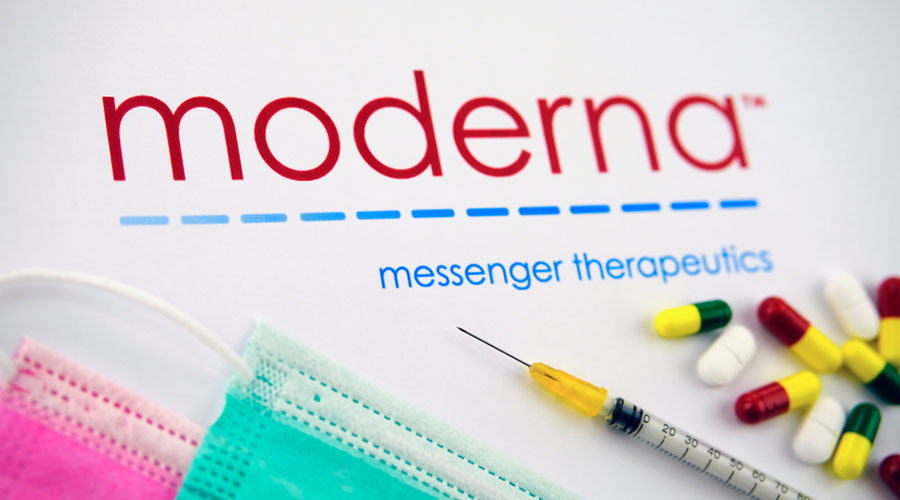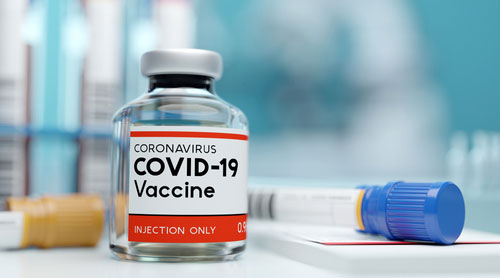India at best will have limited access to the promising vaccines against the coronavirus disease from Moderna or Pfizer-BioNTech and will need to depend on one or more of the five vaccine candidates under trial in the country, researchers said.
Clinical trial results have found the Moderna vaccine to be over 94 per cent effective and the Pfizer-BioNTech product over 90 per cent effective in protecting people from the Covid-19 infection and bolstered hopes for early vaccine roll-outs. But Indian health officials and vaccine researchers are convinced that any mass vaccination campaign against Covid-19 in India would have to hinge on other vaccine candidates under evaluation here.
In addition to their high observed efficacy, both, the vaccine from Moderna, a US biotech company, and the one developed by US-based Pfizer in collaboration with BioNTech in Germany, use genetic material called RNA, a vaccine “platform” that comes with certain advantages.
But, experts say, the anticipated high costs of these RNA vaccines as well as advance purchase orders already made by the high-income countries will, if at all, make only limited inventories available for the developing countries, including India.
The Pfizer-BioNTech product demands ultra-cold storage temperatures of minus 70 degrees, which experts have pointed out would make distributing the vaccine across India a serious challenge.
“Our hopes are in the other vaccines,” said Vinod Paul, a senior paediatrician and chair of the Centre’s Covid-19 vaccine expert panel, referring to the five candidates under test or soon to be tested in India. “We will get more doses from them. We will get the doses we need to address the pandemic.”
India is currently testing three vaccine candidates — a homegrown vaccine from the Hyderabad-based Bharat Biotech, a DNA vaccine from Ahmedabad-based Zydus Cadila, and the Oxford vaccine produced in India by Pune-based Serum Institute. Clinical trials on two more vaccines — a candidate from Russia and one from the Hyderabad-based Biological E — are also set to begin.
Members of the vaccine expert panel have told The Telegraph that they expect one or more of these vaccines to support large-scale immunisation in the country. Bharat Biotech has indicated that it can currently produce 300 million doses annually and raise capacity to 500 million doses.
Health officials said Serum had indicated a capacity of over 70 million doses a month. But as Serum is producing the vaccine under licence from AstraZeneca, only 50 per cent of its production capacity will be available for the Indian market.
“Any timelines on vaccine rollout in India can be determined once we know which vaccine will be available,” said another member of the expert panel.
While the results on the Oxford vaccine are expected in December, Bharat’s efficacy trial results are expected during the first or second quarter of 2021, scientists familiar with the trials said.
While India also has an RNA vaccine candidate from a Pune-based company that has shown promising animal results, the candidate is still awaiting government approval for human trials.
An analysis earlier this month of advance purchase orders had found that high-income countries and some middle-income countries have reserved 8.8 billion doses of Covid-19 vaccines, with some high-income countries booking more doses than needed by their populations.
Canada, for instance, has booked vaccines to cover its population five times.
While Indian health officials have not revealed details of any deals with vaccine companies, the analysis by researchers at the US-based Duke University Health Innovation Centre had said India had confirmed 600 million doses — enough for 300 million people.













